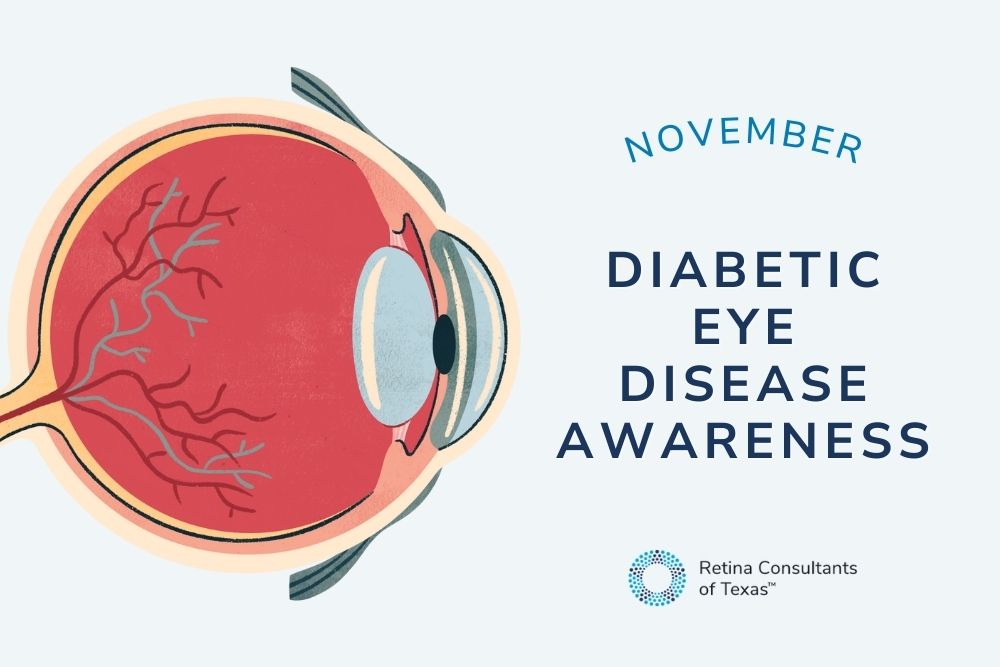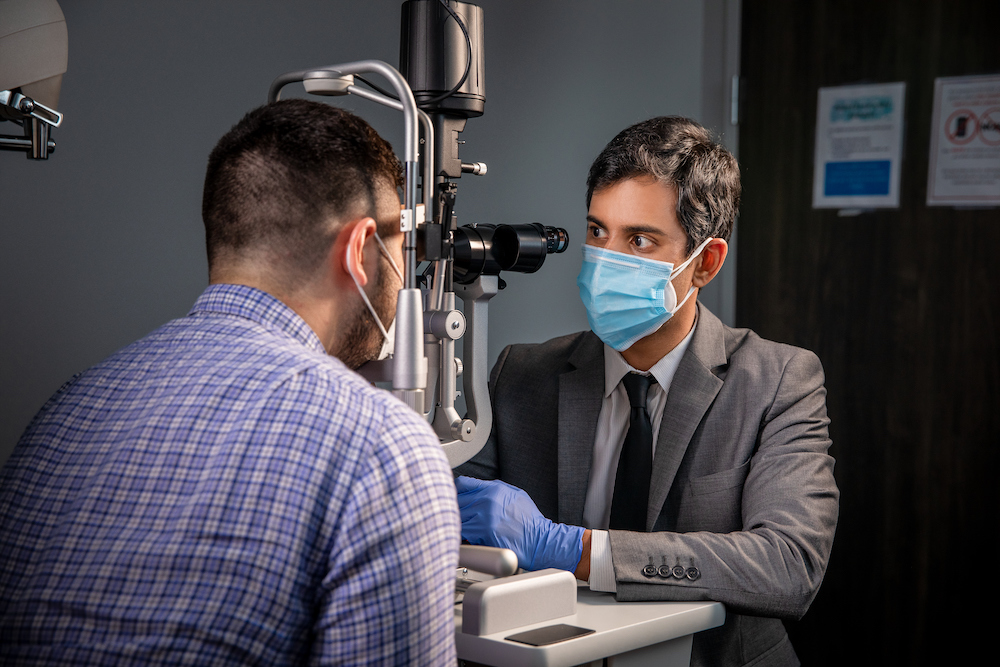Lifestyle Tips for Managing Age-Related Macular Degeneration

If you or someone you know has age-related macular degeneration (AMD), you’re not alone. More than 18 million adults ages 40 and older in the United States are living with early-stage AMD, while another 1.5 million adults are in the late stages. An incurable, degenerative disease, AMD targets the macula, the retina’s central part, which controls sharp, straight-ahead, central vision.
While AMD doesn’t cause complete blindness, you may have problems with such close-up activities as reading or seeing faces. Fortunately, certain behaviors may slow its progression and preserve your vision, including regular vision checkups, ensuring proper blood pressure and weight, consuming a healthy diet, and taking supplements.
Follow These Steps For AMD Management
Ensure Vision Health With Annual Eye Exams And Other Measures
While consistent vision exams are advised for everyone, with AMD, you need to schedule a comprehensive dilated eye exam at least once a year. This allows our retina specialist to monitor and diagnose the disease’s progression. You should track your potential symptoms and report any vision changes to your doctor. And, you may want to perform a daily Amsler grid test, a paper tool you can perform at home, which helps doctors detect related vision problems.
Wear Protective Eyewear
With AMD or another retinal condition — or even completely healthy eyes — it’s crucial to always wear sunglasses and other protective eyewear, and hats, when outside. Doing so offers protection from UV and blue light that can cause retinal damage from repeat exposure.
Maintain Healthy Blood Pressure
Older adults with high blood pressure, or hypertension, may experience a higher risk of severe AMD, as it leads to poor blood circulation in the eyes. People with AMD need to maintain healthy blood pressure, including taking all medications and following your health care provider's instructions. A normal adult blood pressure level is less than 120/80 mm Hg.
Avoid Smoking
If you smoke, especially cigarettes, quit as soon as possible. Regular smoke exposure may significantly increase macular degeneration risks, whether for smokers themselves or secondhand exposure. It also exposes you to free radicals, unstable molecules that cause cellular damage and prevent nutrients from reaching the retina.
A Healthy Diet and Supplements Are Beneficial
According to the Centers for Disease Control (CDC), consuming specific nutrients every day may reduce late AMD risks by 25 percent. Some nutrients that have been found to benefit AMD and vision health include:
- Vitamin C
- Vitamin E
- Beta-carotene
- Zinc
- Copper
- Lutein
- Zeaxanthin
- Essential fatty acids
For AMD, your doctor may also recommend following the Mediterranean Diet, which is associated with lower AMD rates. Rich in fruits, vegetables, legumes, nuts, whole grains, fish, and olive oil, and less dairy and red meat, it also provides essential antioxidants.
Schedule an AMD Consultation in Texas
While age-related macular degeneration has no cure, you can take preventive measures to slow its progress and hopefully preserve your vision. For any questions or concerns, we invite you to contact Retina Consultants of Texas for a consultation. Our practice is one of the largest and most trusted retina-only ophthalmologist practices in the United States, with many convenient retina center locations across the Houston and San Antonio areas.





